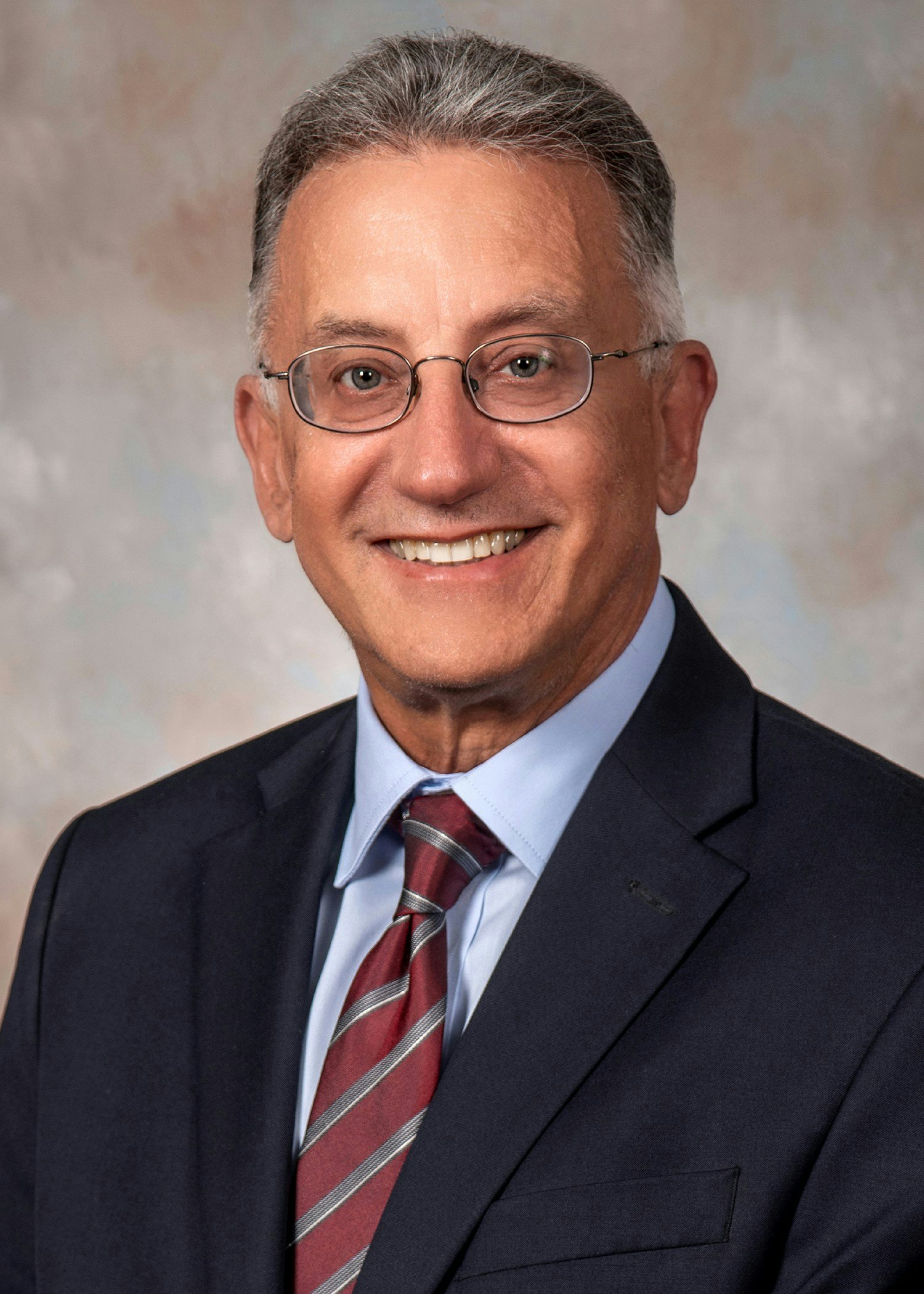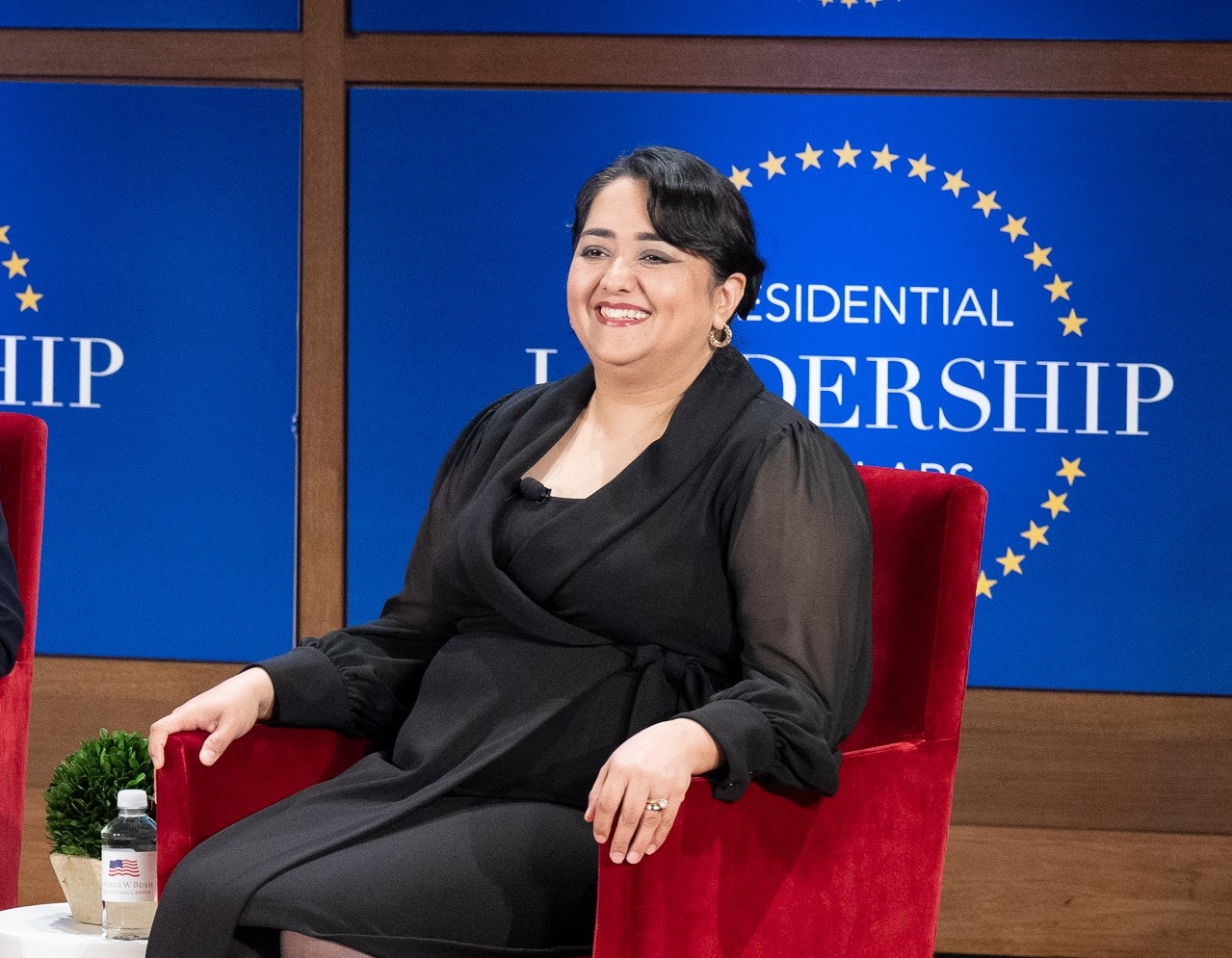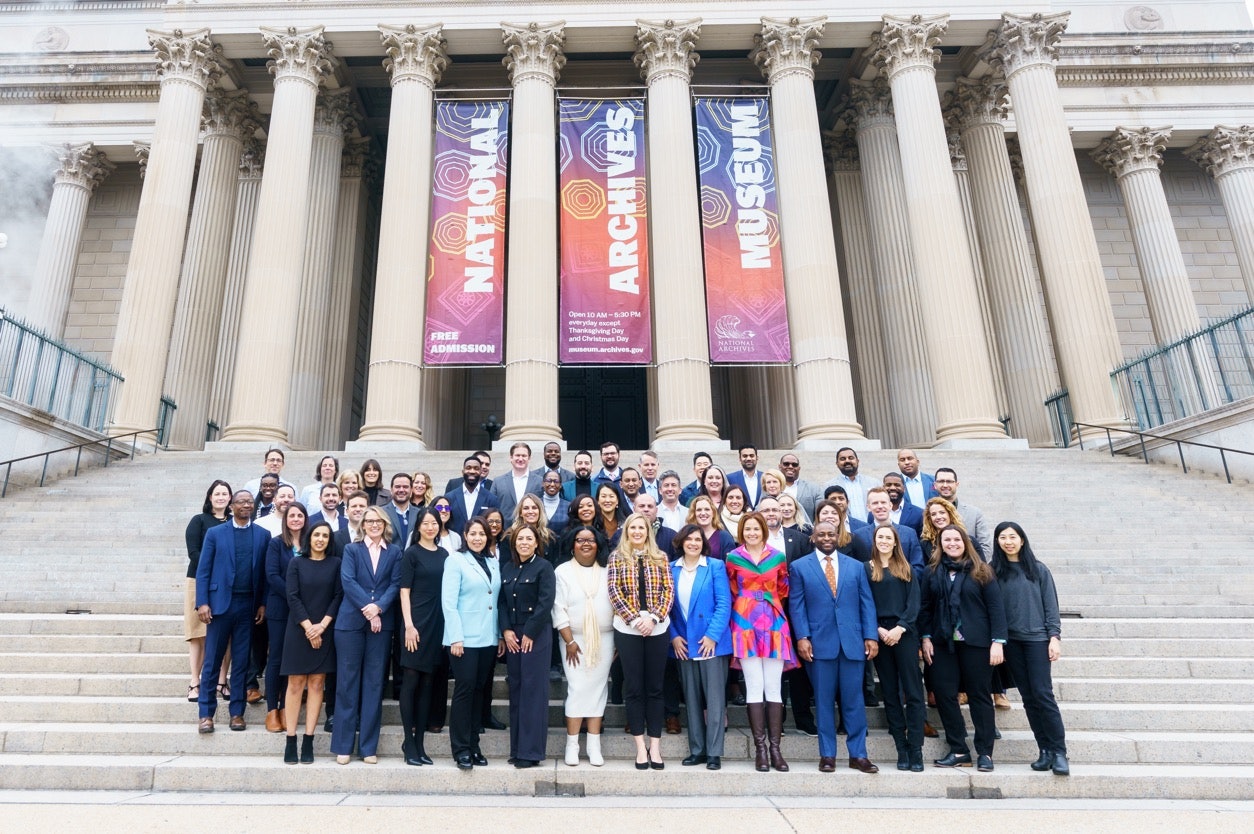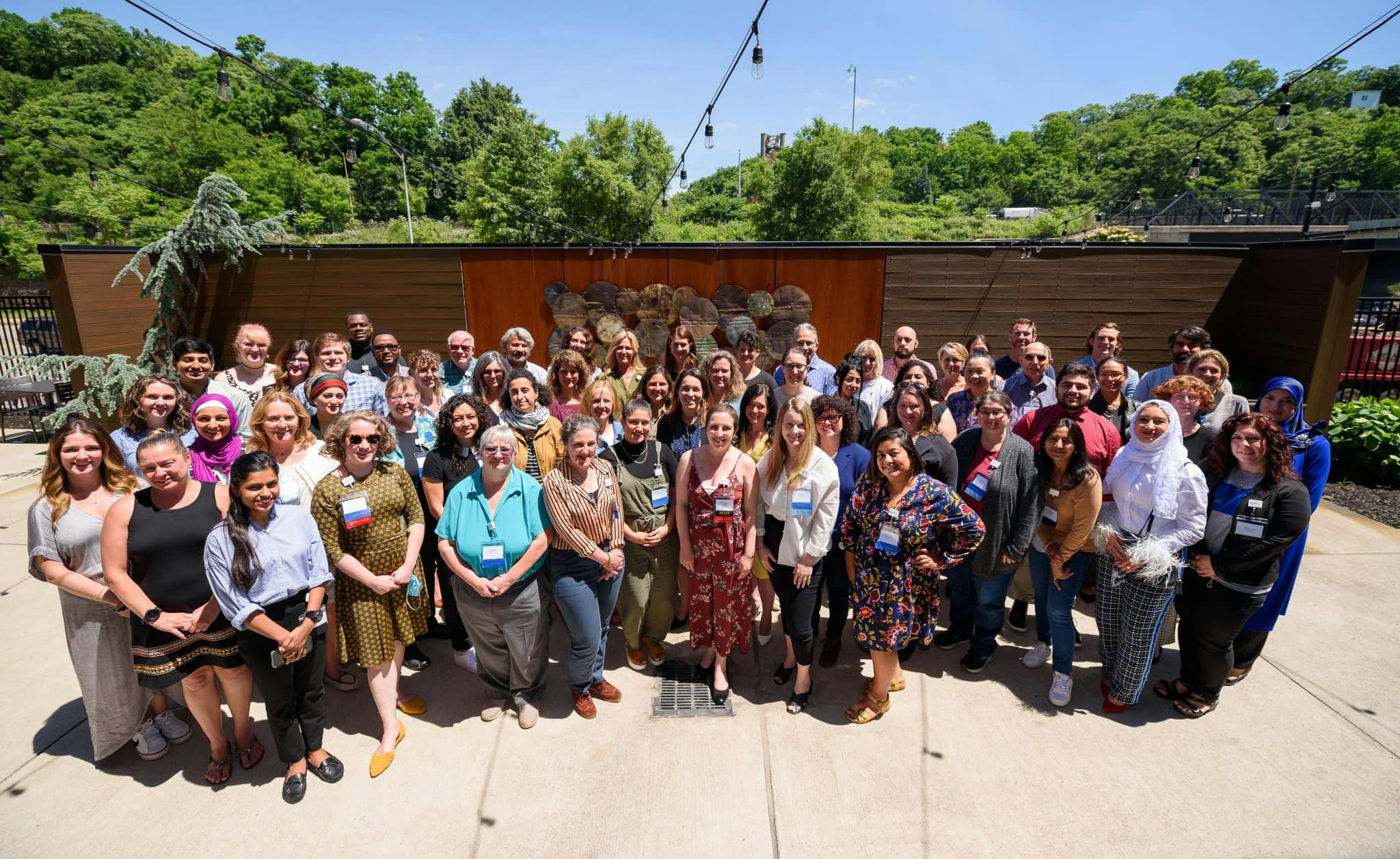In this Presidential Leadership Scholar spotlight, Neil Grunberg, professor at the Uniformed Services University School of Medicine, discusses his passion for studying innovative leadership, and the lessons he learned in the Presidential Leadership Scholar Program.
Please tell us a little bit about yourself and your personal leadership project (PLP).
I am a Professor of Military and Emergency Medicine and Professor of Neuroscience at the Uniformed Services University (USU) School of Medicine; Professor in the USU Graduate School of Nursing; and Director of Research and Development in the USU Leadership Education and Development (LEAD) program, Bethesda, Maryland.
I am a medical psychologist, social psychologist, and neuroscientist. I conduct research and help to educate physicians, advanced practice nurses, and psychologists for the Armed Forces and Public Health Service and scientists for research and academic positions. From 1979 to 2014, my research and teaching focused on behavioral medicine, drug use, stress, and traumatic brain injury. In 2014, I was asked by my university’s president to put together a team to address leadership education and development for our students because of my social psychology background.
My 2015 PLP was to organize a summit of faculty members from several dozen U.S. medical schools to share perspectives, curricula, activities, and challenges regarding health care leadership education and development. We hosted three summits at USU (2017, 2018, 2019) and then scaled up to broader participation by working with the International Leadership Association to create virtual Healthcare Leadership Conferences (2021, 2022) and now an in-person Healthcare Leadership Conference (2023).
Please give us an update on what you have been working on since completing the Presidential Leadership Scholars program.
Since participating in the PLS program, I have continued to learn more about leadership and to apply that knowledge to leadership development programs. Along with colleagues at USU, we have developed a four-year leadership education development program for our students; visited with leadership faculty at each of the military academies; published more than 50 scholarly papers to date; and conducted leadership workshops at several other universities and medical centers (including Harvard, Mayo Clinic, Stanford, Texas A&M, University of Maryland, and University of South Florida).
In 2021, I co-founded the Healthcare Leadership Community (i.e., division) of the International Leadership Association (ILA). The ILA has members from more than 100 nations around the globe. I also am a co-founder of the World Health Leadership Network that we are launching in 2023. Although my interest and study of leadership following PLS initially focused on health care leadership, I have realized that the conceptual framework we have developed and studies of leadership, followership, and teamwork are relevant to many disciplines and settings. I have had the opportunity to discuss our published work regarding leadership and followership as a guest on six podcasts to date.
Which lessons learned during the Presidential Leadership Scholars program have stayed with you the most, and how have you put those lessons into action?
I learned several lessons in the PLS program. I learned that leadership requires both humility and confidence. Humility to recognize what we do not know and the need to learn from and work effectively with others. Confidence to decide, problem solve, act, and to stand up for what we believe is right for our followers, teams, and organizations. I learned the importance of both internal self-awareness (i.e., awareness of our own beliefs, values, attitudes, biases, strengths, weaknesses, lived experiences) and external self-awareness (i.e., how others perceive or misperceive us with regard to who we are and elements of our internal self-awareness). I was inspired by many of my fellow PLSers – their dedication to others; passion to make positive differences; magnanimous and selfless acts.
My PLS “siblings” bolstered my conviction to try to make meaningful contributions to improve the human condition through my leadership scholarship. In addition, I learned the importance of effective communication and, especially, the importance of “receiving” information. In talks and publications, I emphasize that communication is the “how” of leadership and that the word “LISTEN” is an anagram for how to best receive information – i.e., ENLIST all others in a psychologically safe manner and be SILENT when receiving input.
What sparked your interest in studying innovative leadership?
Leader types were first identified in Homer’s Illiad. Centuries later, Thomas Carlyle wrote about “Great Man Theory.” Following World War II, Kurt Lewin distinguished among three types of leaders: authoritarian, democratic, laissez-faire. Lewin was my intellectual grandfather because I am a mentee of Lewin’s mentee, Stanley Schachter. As a result, I was steeped in Lewinian Field Theory and his notions of leadership. As I studied leadership more deeply during and following my PLS experience, I considered the many types of leadership, using Peter Northouse’s textbook as my initial guide. I found limitations among the various, popular leadership types (including transactional, transformational, servant, etc.). I was impressed by Ronald Heifetz’s adaptive leadership and built upon this approach to leadership. I was introduced to Maureen Metcalf and read several of her “innovative leadership” books. I was impressed by her notion that we must embrace change and continuously innovate – i.e., look for new and more effective ways to lead. Metcalf was open to my comments, questions, and critiques, se we agreed to write a book together with several other colleagues (Innovative Leadership for Health Care, 2021). Recently, we decided to take our collaboration one step further. Our latest book – Innovative Leadership and Followership in the Age of AI – is coming out in 2023.
You serve as the Director of R&D in Uniformed Services University’s Leadership Education and Development (LEAD) program. Can you discuss the importance of leadership development for health care professionals?
21st Century health care is a “team sport.” That is, gone are the days when a solo practitioner visited our homes or we sat passively as “The Doctor” told us what to do. Instead, health care involves physicians with various specialties, nurses, dentists, psychologists, physical therapists, occupational therapists, nutritionists, social workers, and more … and patients and their significant others. Health care professionals, therefore, work in teams. Some of these teammates are physically present. Others interact virtually, and others contribute to medical records and recommendations that are shared. For these teams to work effectively and efficiently, appropriate leadership and followership must be practiced.
Each health care professional must know when and how to lead; each health care professional must know when and how to follow. All must communicate clearly to achieve understanding with each other, including patients and their significant others. My role as Director of Research & Development of our LEAD program is to ensure that our curriculum is based on accurate information and meaningful, effective practices. As a member of the USU faculty, I also have the responsibility and privilege to contribute through the conduct and dissemination of my research and scholarship in ways that will enhance the well-being of our citizens, servicemembers and their families, and allies.






























